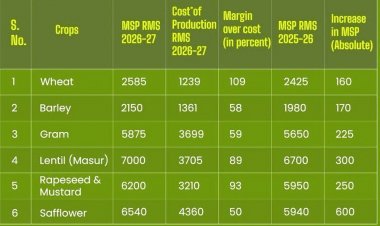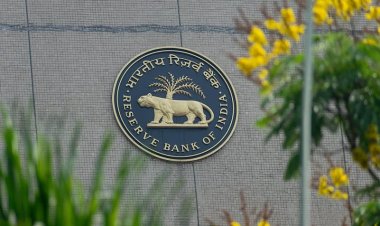Government Imposes Stock Limits on Pulses to Curb Hoarding and Control Prices
To prevent hoarding and control prices, the Central Government has imposed stock limits on Bengal gram, pigeon pea (tur), and chickpea until September 30, 2024.

To prevent hoarding and control prices, the Central Government has imposed stock limits on Bengal gram, pigeon pea (tur), and chickpea until September 30, 2024. This directive, issued by the Ministry of Consumer Affairs, Food and Public Distribution, takes immediate effect and applies to wholesalers, retailers, large chain retailers, mill owners, and importers.
The stock limit of Bengal gram, pigeon pea and chickpea will be 200 metric tonnes for wholesalers; 5 metric tonnes for retailers; and 200 metric tonnes at depots for large chain retailers; for mill owners, the last 3 months of production or 25 percent of annual installed capacity, whichever is higher. Importers are prevented from holding imported stock for more than 45 days from the date of custom clearance.
All stakeholders must declare their stock positions on the Department of Consumer Affairs' portal. Any stock exceeding the prescribed limit must be reduced to comply by July 12, 2024.
This measure is part of the government's broader efforts to control prices of essential pulses like tur and chana. The Department of Consumer Affairs is actively monitoring pulse stocks through the Stock Disclosure Portal.
Previously, the government reduced the import duty on Desi gram by 66 percent starting May 4, facilitating greater imports. Additionally, imports of tur from East African countries are expected to commence in August, potentially lowering prices of Kharif pulses such as tur and urad. The arrival of a new crop of gram in Australia, available for import from October, is also anticipated to help maintain affordable prices for consumers.



 Join the RuralVoice whatsapp group
Join the RuralVoice whatsapp group








































